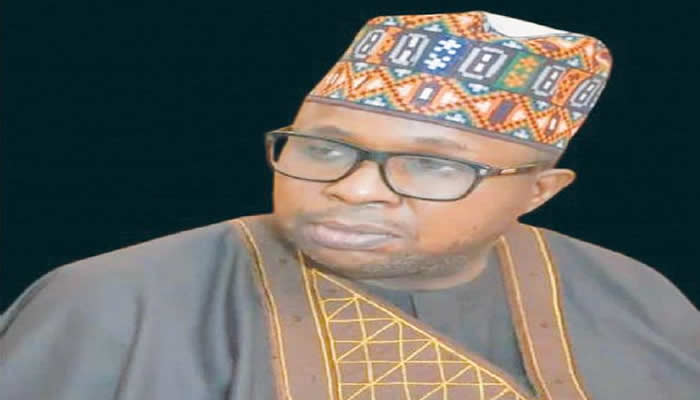The Labour Party (LP) in Nigeria has been grappling with internal disputes and navigating the aftermath of the 2023 general elections. The party’s National Publicity Secretary, Obiora Ifoh, addressed several key issues in a recent interview, shedding light on the party’s current state and future trajectory. He dismissed speculations about Governor Alex Otti of Abia State and former presidential candidate Peter Obi leaving the party, emphasizing their continued leadership roles within the LP. Ifoh maintained that until these prominent figures officially announce their departure, the party considers them integral members. He acknowledged the existence of internal challenges, characterizing them as typical of any political organization, but expressed confidence in the party’s internal mechanisms to resolve such issues.
Addressing the controversy surrounding the Nenadi Usman-led caretaker committee and their legal challenge against the party’s national chairman, Julius Abure, Ifoh downplayed the significance of their actions. He emphasized the Appeal Court’s ruling in favor of Abure and expressed optimism that all members would respect the court’s decision and unite for the upcoming 2027 elections. Ifoh highlighted the LP’s ongoing membership drive and revalidation exercise as evidence of the party’s commitment to rebuilding and strengthening its base. He revealed plans for ward-to-state-level congresses, starting in the near future, to prepare the party for the 2027 electoral cycle.
Ifoh acknowledged the “bruises” the LP suffered during the 2023 elections, particularly the perception that the party was “robbed” of victory. He attributed some of the internal conflicts to the passionate commitment of members who want the best for the party, while also acknowledging that some individuals may have taken their grievances too far. Ifoh expressed confidence in the party’s ability to bounce back, emphasizing the lessons learned from the previous election and the ongoing efforts to address internal issues. He dismissed social media narratives suggesting that celebrations of Abure’s court victory were orchestrated by the ruling All Progressives Congress (APC) to prevent Obi and Otti from gaining control of the LP, characterizing such claims as unfounded.
The party spokesperson expressed a willingness to work with all members, including the Usman-led caretaker committee, to foster unity and move the party forward. He denied the existence of factions within the LP, attributing such claims to media misrepresentation. Ifoh maintained that the party has always been united under a legitimate leadership structure, emphasizing that the internal disagreements did not constitute factionalism. He asserted that the party is focused on preparations for the 2027 elections, emphasizing that discussions about potential candidates would be premature until the Independent National Electoral Commission (INEC) releases guidelines for the elections.
Looking ahead to 2027, Ifoh expressed confidence in the LP’s prospects. He outlined the lessons learned from the 2023 elections, particularly the need to safeguard against electoral malpractice such as ballot box hijacking and manipulation of result sheets. Ifoh highlighted the party’s post-election review process and the ongoing efforts to strengthen internal mechanisms to prevent similar occurrences in future elections. He expressed hope that INEC would learn from the criticisms leveled against it regarding the conduct of the 2023 polls and implement necessary reforms. While acknowledging past criticisms of INEC, Ifoh emphasized the LP’s current cordial relationship with the electoral body and expressed optimism that the commission would take corrective measures to ensure the integrity of future elections.
Finally, Ifoh addressed the LP’s relationship with the Nigeria Labour Congress (NLC). He reiterated the party’s position that while the NLC played a role in the LP’s founding, the party operates independently as a corporate entity accountable to Nigerians, not to any specific organization. He clarified that the NLC does not own the LP and emphasized the constitutional provisions that prevent organizations from owning other organizations. Ifoh encouraged NLC members to participate in the LP’s ongoing membership drive if they wish to exert greater influence within the party. He stressed that the NLC’s role is limited to worker welfare and that their involvement in partisan politics should be restricted to individual members, not the organization as a whole. Ifoh concluded by highlighting the LP’s decision to adhere to legal processes in addressing its relationship with the NLC, opting for a measured approach rather than engaging in public confrontations.














